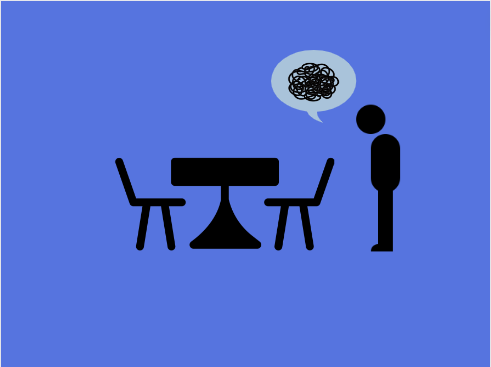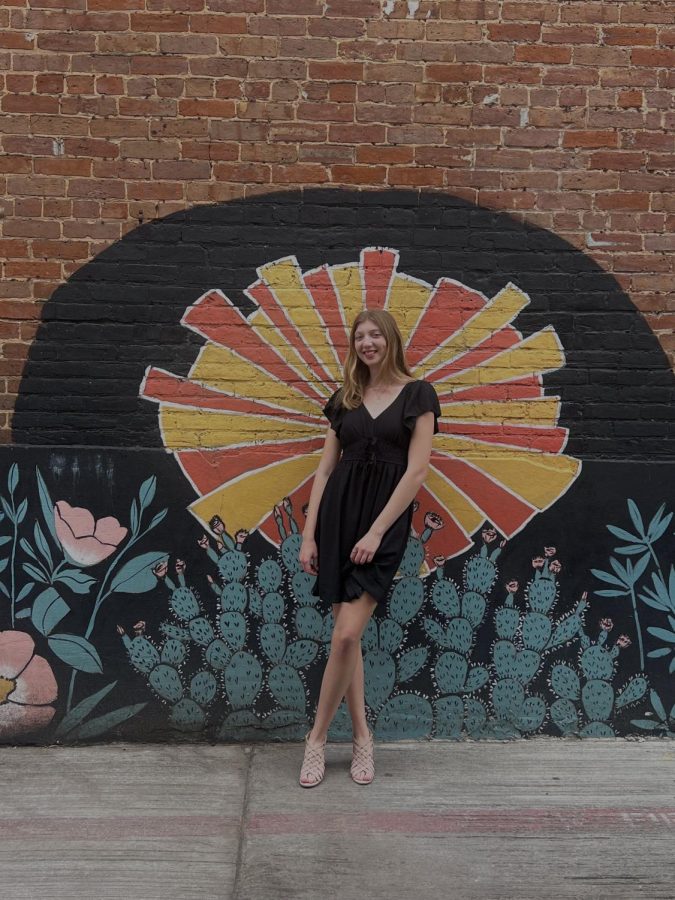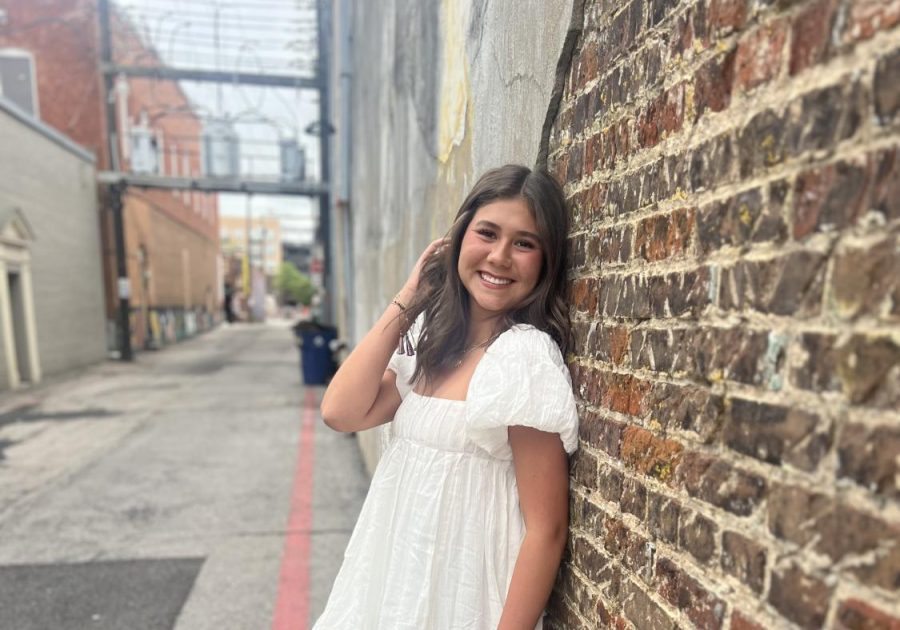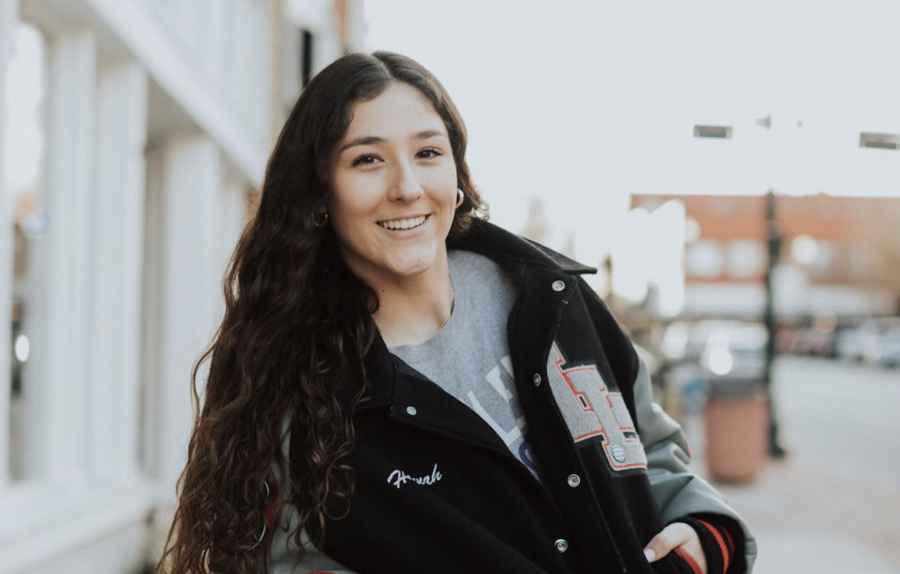The first time I realized America was not the red, white, and blue protector of the freedom I grew up in was when I watched a livestream of the Ferguson riots: seeing buildings burn, lines of police officers in riot gear with armored personnel carriers, and protesters throwing whatever they could find at the sea of the law.
How could a war zone such as this be in the land of the free, home of the brave?
Since Ferguson, I continue to have questions for this country as the weight of these recent events, the unjust deaths of Alton Sterling, Philando Castile, and the five police officers gunned down in Dallas, has left me crushed, and I can not begin to fathom the how heavy the load must be for their loved ones.
I didn’t sleep much Thursday night because I knew that 1.), a killer was still at large an hour away from my home, and 2.), the questions of “Why doesn’t anything change?” and “What I could do to help?” kept me staring into the dark for answers.
I had the privilege of growing up with the belief that my government would always protect me as my dice roll at birth of white, male, and relatively wealthy parents allows me to advance to Go and collect my American Dream with no interference. What took me too long to learn, however, is my perspective is very different compared to others whose even slightly different roll of the dice, leaves their path to be filled with roadblocks; especially those who are black.
Many white Americans, myself included, find difficulty in relating to the daily struggles of black Americans as empathy can only be felt by walking in someone else’s shoes. This division of life experiences is the effect of the deeply rooted racism in our society, believed to have been chopped down with the end of segregation and beginning of “equal rights,” that still grows today inside each and every one of us.
Racism has adapted to its new society, learning that while it cannot live that often in the open, it thrives underground where it is out of sight and out of mind, thus not considered a problem to those whose lands it does not poison.
We don’t like being called racist, but that doesn’t take away from the fact that we all commit a discriminatory thought or action from time to time, often without knowing it. Some deny the facts of institutional racism’s existence, such as how black students are expelled three times more than white students, how those with “black sounding names” have to send out 50 percent more applications than those with “white sounding names” to receive a callback, and how black people are three times more likely to be searched at a traffic stop, not because they are more prone to commit crimes, but because there is “implicit racial association of black Americans with dangerous or aggressive behavior,” as found by the Institute of Race and Justice at Northeastern University.
I could continue to provide evidence of how racism wasn’t cast out after the Civil Rights movement, but just as I learned that we don’t like to be called racist, I also realized that we don’t like to talk about racism.
This becomes very apparent in the national conversation after the death of a black person by the hands of police, an incident the nation had to experience twice in the matter of 24 hours this week. We often attempt to shift the topic away from racism by, for example, arguing over word choice (All Lives Matter vs. Black Lives Matter), the importance of a different issue (the high death count of black-on-black crime), or trying to justify the event by detailing the particulars of the victim (criminal record, appearance, and presence of a legal or illegal weapon).
The focus on these topics, important as they may be, leads us away from the main issue at hand and cause of the violence: racism. The stereotypes and inherently racist views we have of other people cause us to instantly analyze a person’s physical attributes and judge that person by them. This process is carried out both by the officers we see in police brutality videos, and ourselves when we watch said videos to reach a verdict on whether the officer was justified or not. Our judgments deny both the victim and the officer the right to be innocent until proven guilty, and the right to an impartial trial.
This prejudice on both sides of the debate leads to a cycle of outrage and attempts to discount the other’s anger, giving racism’s poison an opportunity to penetrate deeper and blind us from an opportunity to show compassion to a fellow human being.
• • •
These events touched both sides of the conversation in the past week, presenting us an opportunity to put ourselves in the other’s shoes and understand the feeling of injustice.
Black Lives Matter can empathize with those afflicted by the wrongful deaths of the Dallas police officers, just the same as Blue Lives Matter can empathize with those afflicted by the wrongful deaths of Alton Sterling and Philando Castile as both sides are feeling injustice.
Empathy is what makes us human, what helps develop relationships between us, what helps us decide between right and wrong, and most importantly, stops us from killing each other. Empathy is the enemy of racism as it unites us for our similarities rather than divides us for our differences.
I know expressing empathy and looking straight into the face of racism are difficult things in moments of injustice, but these are the necessary acts we all have to practice. Not just after tragedies, but every day, until this vicious cycle of loved ones not returning home to their families becomes a thing of the past.
Two years ago I lost my faith that the government would always be able to protect us, but I have never lost my faith in the goodness of people. So as I grow more tired with each loss of life, I plead with you to choose empathy and ask yourself the question “What if this happened to me or someone I loved?” It may be a difficult pill to swallow, but it’s a daily prescription for minorities and police officers.

















Jordan Toomey • Aug 31, 2016 at 7:18 pm
This is a really really great article and I’m so glad it exists.
Nate Rainey • Jul 11, 2016 at 9:55 am
Nick this is great article. Thank you for writing and publishing. Our community really needs read and understand.
emma overholt • Jul 9, 2016 at 10:25 pm
i love the amount of time and passion put into this, but above all the message it coveys, and the focus on love instead of hate. great article nick!